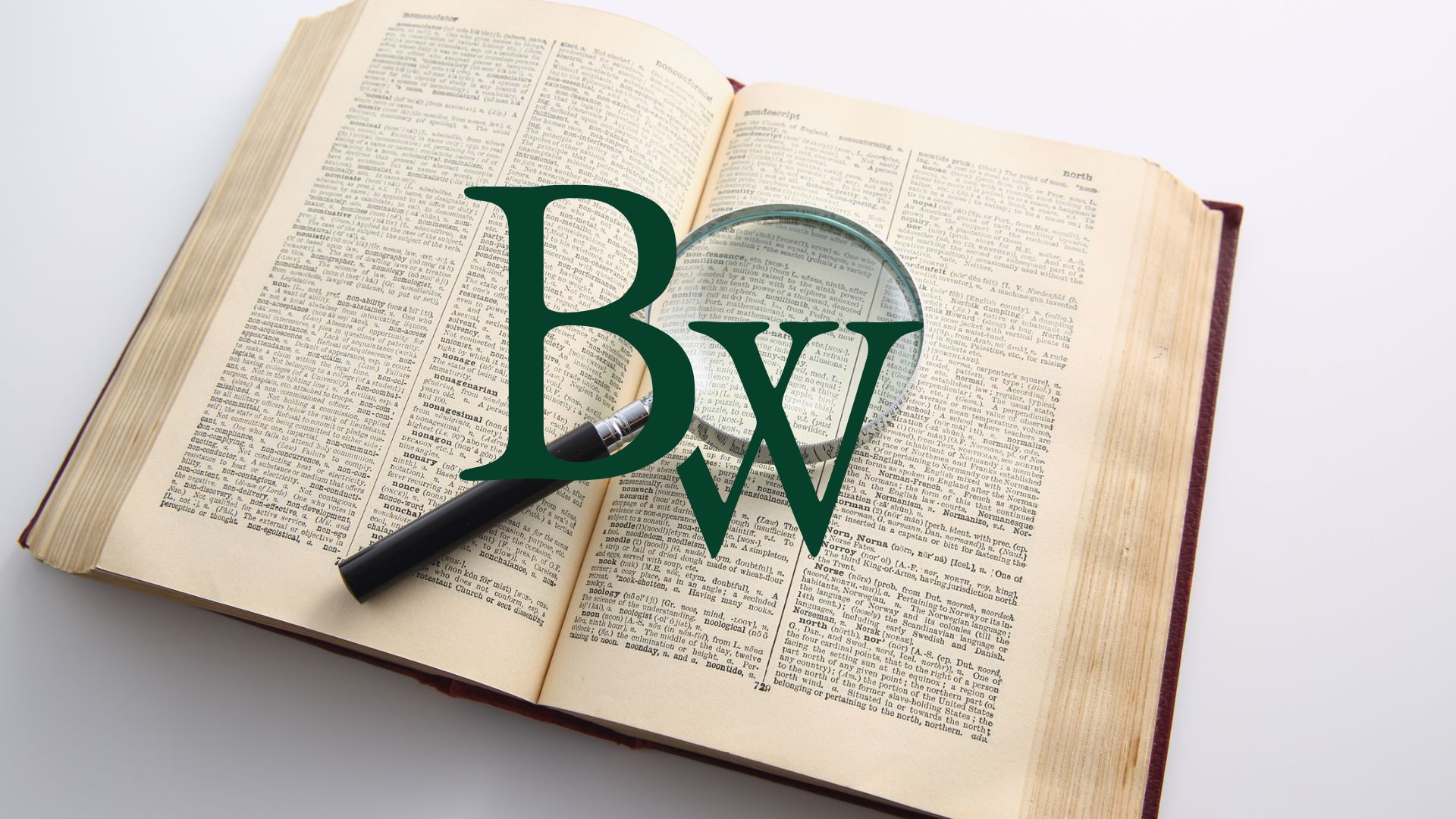Landlord
Definition:
A landlord is an individual or entity that owns real property and leases or rents it to another party, known as a tenant, in exchange for payment. The landlord retains ownership rights to the property while granting the tenant the right to occupy and use it under the terms of a lease agreement.

Landlord Information
Landlords play a central role in real estate leasing, whether for residential, commercial, or industrial properties. They are responsible for maintaining habitable conditions, complying with local housing codes, and ensuring that tenants can peacefully enjoy the property.
In return, landlords receive rent payments and may enforce lease terms, including eviction for nonpayment or breach of contract. The landlord-tenant relationship is governed by both the lease agreement and applicable state laws, which outline rights, responsibilities, and remedies for both parties.
Effective property management, clear communication, and proper documentation are essential for landlords to protect their investment and minimize legal disputes.
Florida Legal Definition
Under **Florida law**, a landlord is defined as any owner or lessor of a dwelling or premises who rents or leases property to a tenant, as stated in **Chapter 83, Florida Statutes (Part II – Residential Tenancies)**. Florida law requires landlords to maintain the premises in compliance with building, housing, and health codes, provide essential services such as heat and water, and respect the tenant’s right to privacy.
Failure to meet these obligations can result in tenant remedies, including withholding rent or terminating the lease. Likewise, landlords may enforce lease provisions or pursue eviction through lawful procedures if tenants violate terms of the agreement.
How It’s Used in Practice
In practice, landlords are involved in all aspects of leasing and property management.
- They draft and sign lease agreements outlining rent, term, and property rules.
- Landlords collect rent, handle repairs, and ensure compliance with safety and housing regulations.
- They may hire property management companies to oversee day-to-day operations and tenant relations.
- In case of nonpayment or violations, landlords can initiate eviction proceedings following **Chapter 83, Florida Statutes**.
Key Takeaways
- A landlord is the property owner or lessor who rents property to a tenant in exchange for payment.
- Florida landlords must maintain habitable conditions and comply with housing and safety codes.
- The landlord-tenant relationship is governed by **Chapter 83, Florida Statutes**.
- Landlords have the right to collect rent and enforce lease terms but must follow legal eviction procedures.
- Proper documentation and communication help prevent disputes and protect both parties’ rights.
Disclaimer: The information and opinions provided are for general educational, informational or entertainment purposes only and should not be construed as legal advice or a substitute for consultation with a qualified attorney. Any information that you read does not create an attorney–client relationship with Barnes Walker, Goethe, Perron & Shea, PLLC, or any of its attorneys. Because laws, regulations, and court interpretations may change over time, the definitions and explanations provided here may not reflect the most current legal standards. The application of law varies depending on your particular facts and jurisdiction. For advice regarding your specific situation, please contact one of our Florida attorneys for personalized guidance.
Visit our legal department pages:
Real Estate Attorneys
Business Attorneys
Litigation Attorneys
Estate Planning Attorneys
Inheritance Attorney
Probate & Trusts
Trust • Experience • Results
Ready to Get Started?
Get started with Barnes Walker today.








